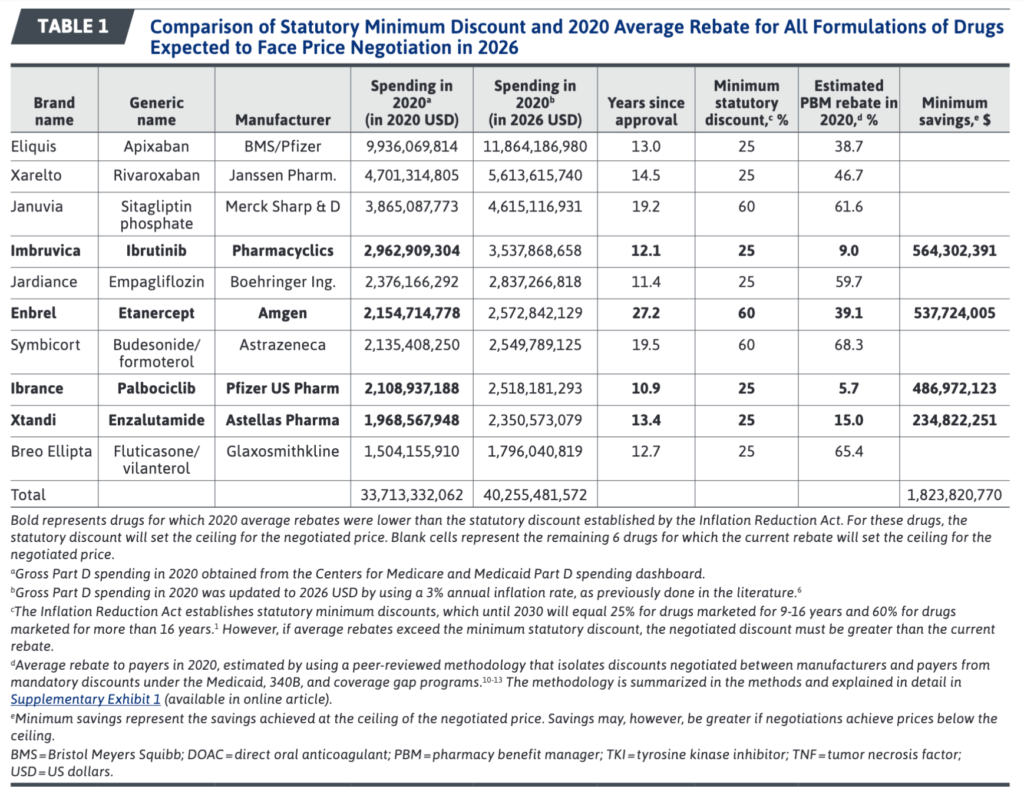Peter Jacobsen

This week for Ask an Economist, I have a question from a reader named Mark. He says,
“I’ve worked with immigrants that recently moved to the US, and workers still living in their native country and working for me remotely.
My experience is that they’re on average, much harder working and more skilled (even in technical fields) than my American colleagues. The foreigners work hard, making no excuses, grateful for the work, and take every opportunity to better themselves. Americans, on the other hand, demand much higher wages, complain about the work, and make little effort to improve themselves.
Since the people from many of these poor countries are better workers, why are their home countries so poor? Immigrants on average start more businesses and do better in the US than US born citizens. With all their skills and ambition, it seems their home countries ought to be significantly richer than the US cities, yet this isn’t the case. What’s the cause of these countries’ poverty?”
Mark asks perhaps the single-most important question in the history of economic thinking. Why do some countries grow rich while others stay poor?
A Long History of Answers
In 1776, Scottish philosopher Adam Smith published perhaps the most influential work in the history of political economy: An Inquiry into the …

